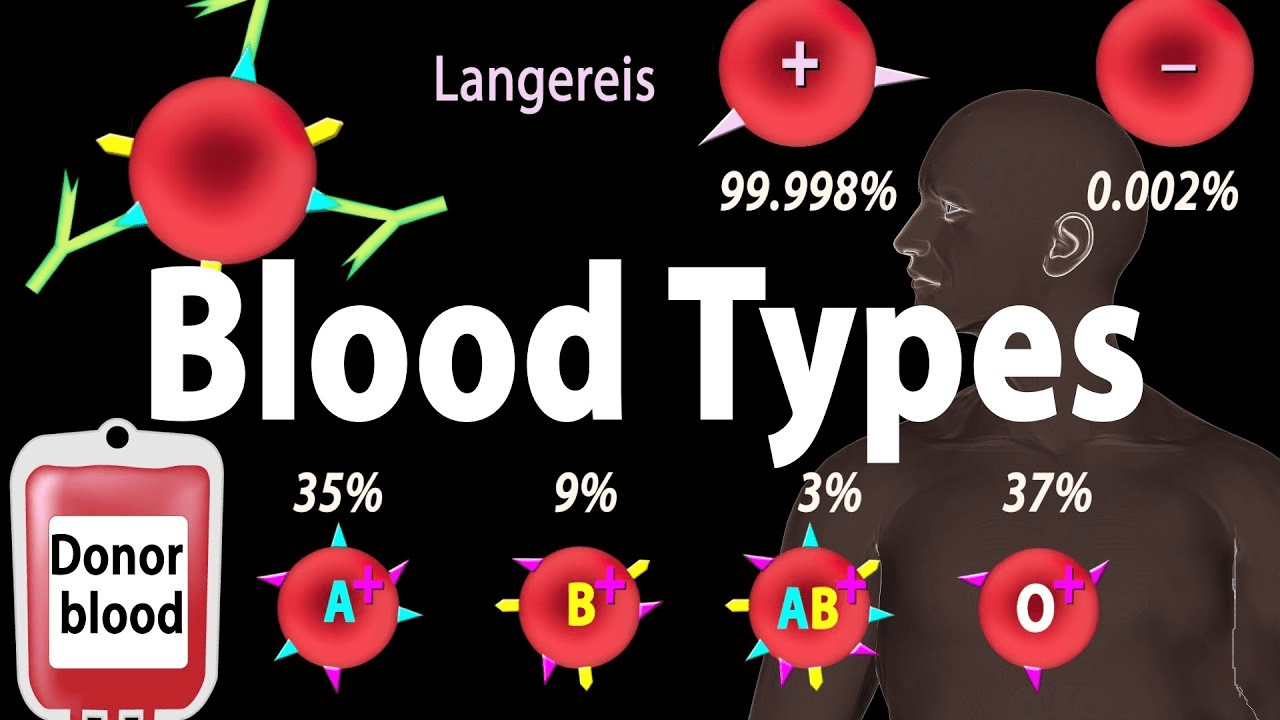Bluetooth is a wireless technology that allows data to be exchanged between devices. While Bluetooth uses wavelength to convey information, it is often only effective within a short distance for the devices to remain linked.
You’re certainly familiar with Bluetooth technology – you’ve probably used it to pair your iPhone with your AirPods or connect your favourite music app to a speaker.
About Bluetooth
Bluetooth, in its most basic form, is a technology that allows data to be exchanged between devices across short distances.
The fact that Bluetooth radio waves do not travel very far and are continually switching frequencies distinguishes them from the broadcast given out by your favourite music station.
Most Bluetooth devices have a maximum connectivity range of roughly 30 feet, which is reduced when there are barriers (such as a wall) in the way.
Does Bluetooth Connections Secure?
Bluetooth-enabled devices are generally secure and resistant to attack.
This is due to the fact that they can function on a variety of different frequencies, and the devices can switch between them hundreds of times each second.
It’s called “frequency hopping spread spectrum,” and it almost guarantees that your Bluetooth devices can’t be hacked — at least not over the Bluetooth signal.
Use of Bluetooth Device
As previously stated, Bluetooth is frequently used to couple mobile devices with other mobile or stationary devices. This could be your earphones, car, or smart fridge. However, it frequently works in less obvious ways, such as connecting a printer or mouse to a computer.
Because Bluetooth and Wi-Fi are frequently complementary, working at the same time and providing similar connectivity, you may not always know which hardware is connecting with which devices. Just be aware that devices previously associated through Bluetooth will attempt to connect automatically if they are in range.
Because you may not notice when devices connect via Bluetooth, it’s a good idea to open your phone’s settings app (or any other device with Bluetooth connectivity), navigate to the Bluetooth tab, and take a look at all the devices that could potentially connect and note anything that is, in fact, already connected.
And, if you ever get rid of a Bluetooth device or plan to stop using it for an extended period of time, select “Forget this device” in your Settings app to ensure that you retain control of the connection.
Is Bluetooth Safe for Health?
We live in a world where people are constantly looking for methods to improve their health and well-being. Sometimes we want to improve our quality of life so much that we search for the greatest meals, vitamins, and even nootropics to help us establish a strong immune system.
Living a healthy lifestyle also entails being aware of what we expose our bodies to. Bluetooth technology is something that many of us are frequently exposed to. We all have at least one Bluetooth device in our houses. It might be anything from our televisions to portable speakers, Bluetooth headphones, or phones. As a result, no one can escape being exposed to these radiations entirely.
Bluetooth is safe for people and poses no health hazards to the brain because it belongs to the non-ionizing category of EMR that emits low-frequency waves. These frequencies are too low to alter the structure of the cell. As a result, they cannot remove electrons from an atom, which is a harmful property of ionising EMRs.
Bluetooth has a low specific absorption rate, or SAR, demonstrating that it is not fatal in terms of damaging natural cell structure or causing brain cancer.
The rate at which our bodies absorb energy per unit mass in response to energy exposure is referred to as SAR. The majority of mobile gadgets, including Bluetooth headphones and Bluetooth speakers, are built to a SAR level of 1.6 watts per kg. And with Bluetooth gadgets, the figure is significantly lower.
Here is a comparison of the levels to genuine Bluetooth devices that people use on a daily basis:
The SAR value of Apple Airpods, which are widely used Bluetooth headphones, is 0.072 Watts per kg for the head and 0.0603 Watts per kg for the body.
However, because these gadgets continue to emit radiation, the issue may not be the quantity of absorption but rather the length of time you are exposed to it.
Some of Health Risk by Using Bluetooth
1.Cause Cancer?
Because Bluetooth headphones are frequently worn very close to the brain, brain cancer is possibly the most concerning health danger that people face when using them.
A 2015 study concluded that mobile devices have some influence in the development of meningioma, a kind of brain tumour. This was so powerful that it spurred speculation that Bluetooth devices, which fall within the same category as non-ionizing EMR, would have similar effects.
The only problem is that the study focuses entirely on cell phones and the risk of brain tumours. There was never any evidence that Bluetooth gadgets were specifically to blame.
Is Bluetooth Make You Infertile?
Aside from brain tumours, fertility is a major worry for Bluetooth gadgets. Several studies have been connected to the risk of cell phones causing male infertility, with some attributing this to Bluetooth devices.
There was evidence in a 2009 study that there was a risk of sperm count decline with regular usage of mobile devices near the male genitalia. Another study found a similar impact, tying it to increased oxidative stress caused by EMR radiations emitted by cell phones.
These allegations about cell phone use may be true, however it is exceedingly unlikely that someone would use a Bluetooth device near their testes.
As a result, there is no proof that Bluetooth devices induce infertility, and it is most likely a myth. Keep in mind, however, that using a cell phone near your testicles can result in sterility, and evidence supports this. So, when it comes to family and community health, make sure you get the word out!
At the currently, no evidence explicitly supports the assumption that using Bluetooth headphones is dangerous.
Although some studies suggests that high amounts of nonionizing EMR can be hazardous, scientists remain unsure about this link.
It’s also worth noting that Bluetooth headphones emit significantly less Trusted Source EMR than cell phones.
However, researchers are unsure if Bluetooth headphones are fully safe to use.
As a result, some people may wish to be cautious when using Bluetooth headphones. This can be accomplished by reducing their use of Bluetooth headphones and other wireless gadgets.









